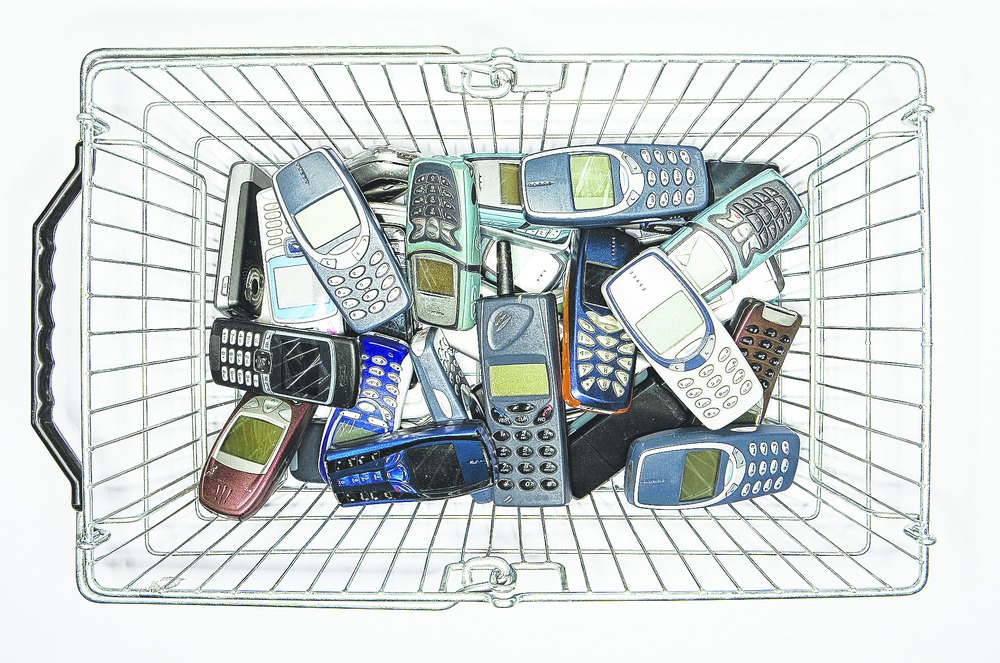
From Tuesday, as the CDMA service of Reliance Communications winds up in Jharkhand in a move to upgrade customers to 4G high-speed broadband, lakhs of handsets are becoming trash, but the telecom company and the state are equally clueless about dealing with e-waste.
As technology reinvents itself faster, gadgets have a shorter lifespan, the redundant ones increasing the global pile of e-waste. Electronic or electrical goods that can't be used anymore can poison air, water and soil if not disposed of properly. These include batteries, wires, cellphone handsets, computers, televisions, among others, whose lead, cadmium and beryllium are perilous if dumped in the open.
According to pollution analysts, e-waste can be disposed of in two ways. Either the manufacturer takes them back for recycling or state authorities engage specialised agencies for their scientific disposal.
However, the government as well as most corporate houses have not yet woken up to the magnitude of the problem in Jharkhand.
Take the case of Reliance Communications. From Tuesday, around 15 lakh handsets across the state have been made redundant. However, the telecom giant did not arrange phone-drop boxes to collect the handsets for their scientific disposal at any of its outlets in Ranchi that were flooded with customers.
"Throw it wherever you want. It won't be of any use now except for playing games or listening to songs," an employee at Reliance's Lalpur Chowk told a customer who wanted to know what she could do with her old handset.
When this correspondent asked why the company did not take back the phones for their correct disposal, he said: "We have no such mechanism."
People are equally ignorant. Most customers at Lalpur Chowk, Gopal Complex, Purulia Road and Hinoo, whom The Telegraph spoke to, were concerned only about their number portability and not how the old handset would be properly discarded.
The government is no better. Discarded monitors, laptops, keyboards and the like are stacked in all government offices for years.
Last year, Jharkhand Pollution Control Board following directives from National Green Tribunal (NGT) began making an inventory of e-waste in all 24 districts. But, the much-needed step hit dead-end due to lack of clarity between the pollution control board and the IT department.
A board source, not wanting to be named, said the inventory process stopped recently because the state IT department a couple of months ago, sent them a letter saying they too were gearing up for an inventory in the wake of an order from the Centre.
"They asked us to not touch 10 districts, including East Singhbhum, Ranchi, Dhanbad, Deoghar, Bokaro, and prominent towns. If the major source of e-waste, urban centres, are taken off our list, what will we do?" he asked.
Contacted, board member secretary Sanjay Kumar Suman said in about a week or 10 days, they would hold a meeting with stakeholders' in the pollution control board, as well as forest, IT and finance departments on how to deal with e-waste.
On the tonnes of discarded Reliance phones, he said: "True, it will amount to immense waste, which nobody thought about. We will see how we can tackle this."
Prodded why the state pollution control board did not order Reliance and other telecom companies and mobile outlets from now on to set up handset recycle kiosks, he said he would have to check if their rules allow them to do so.











